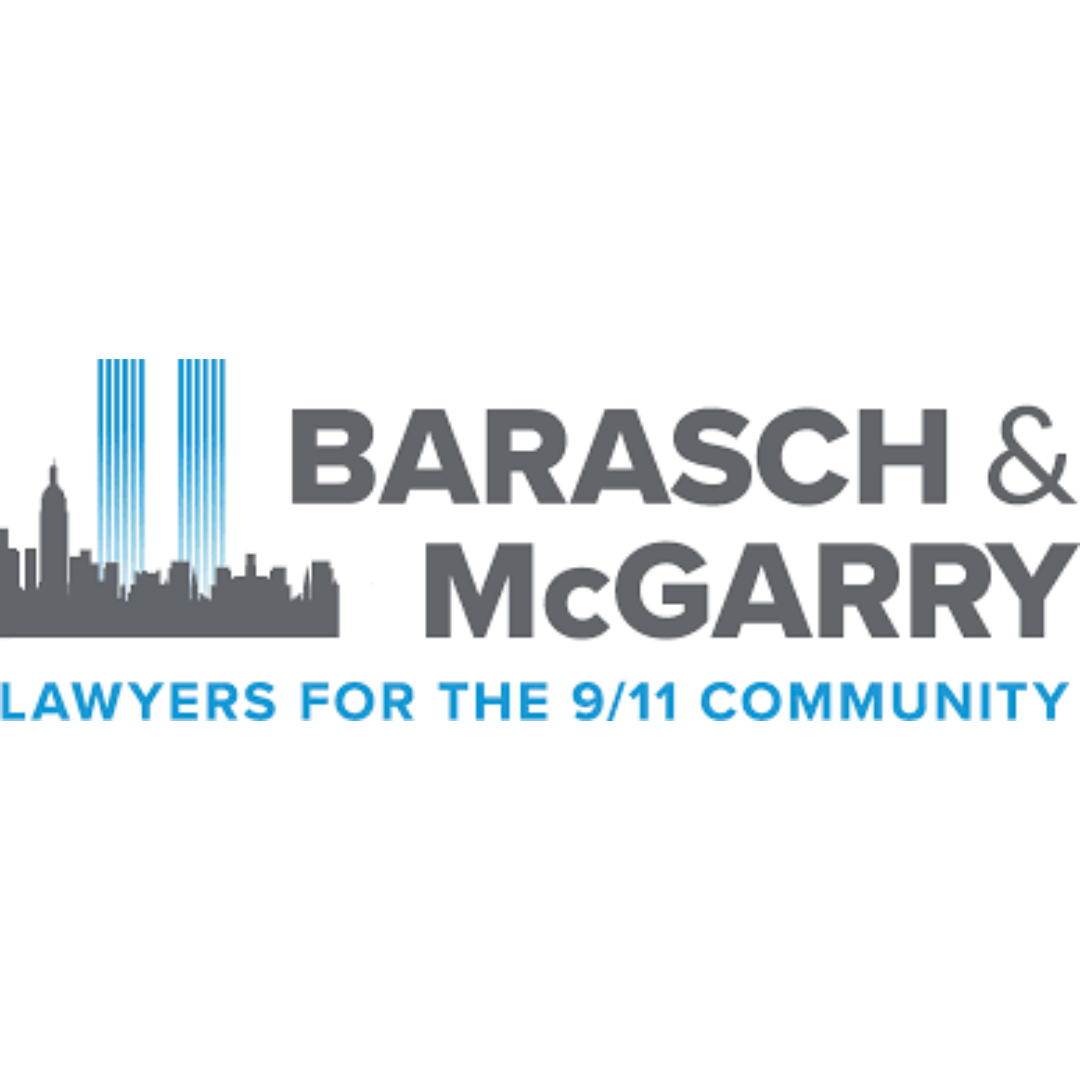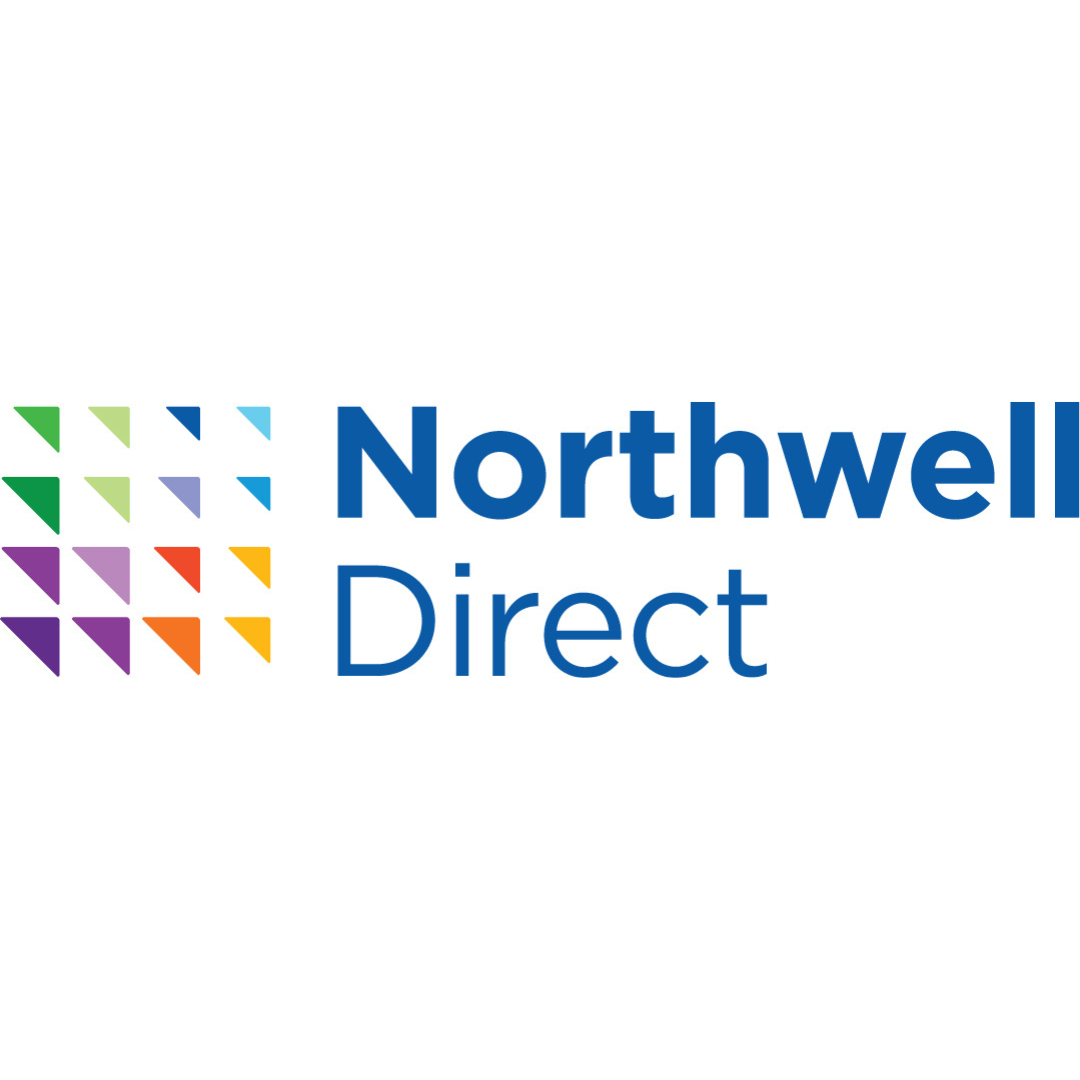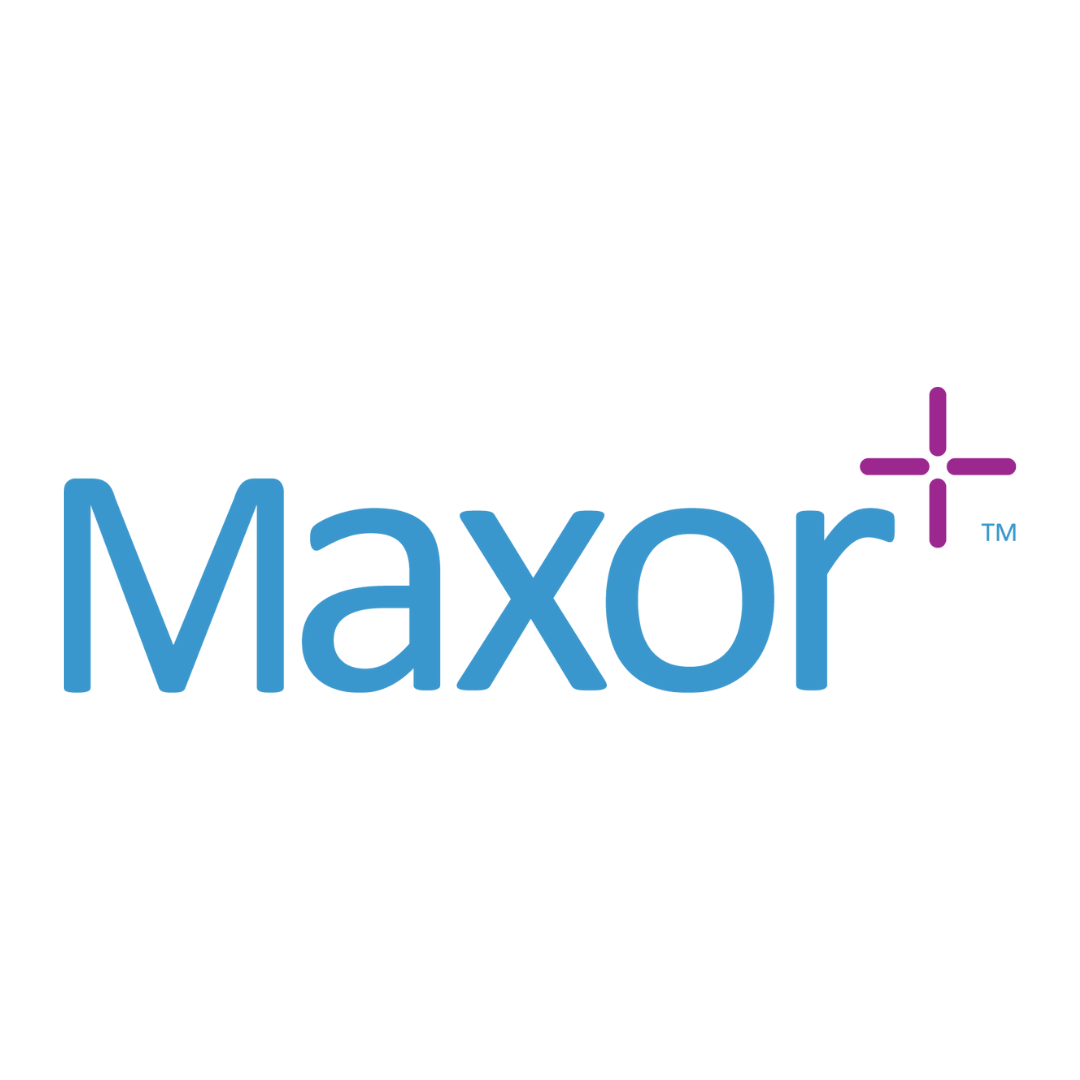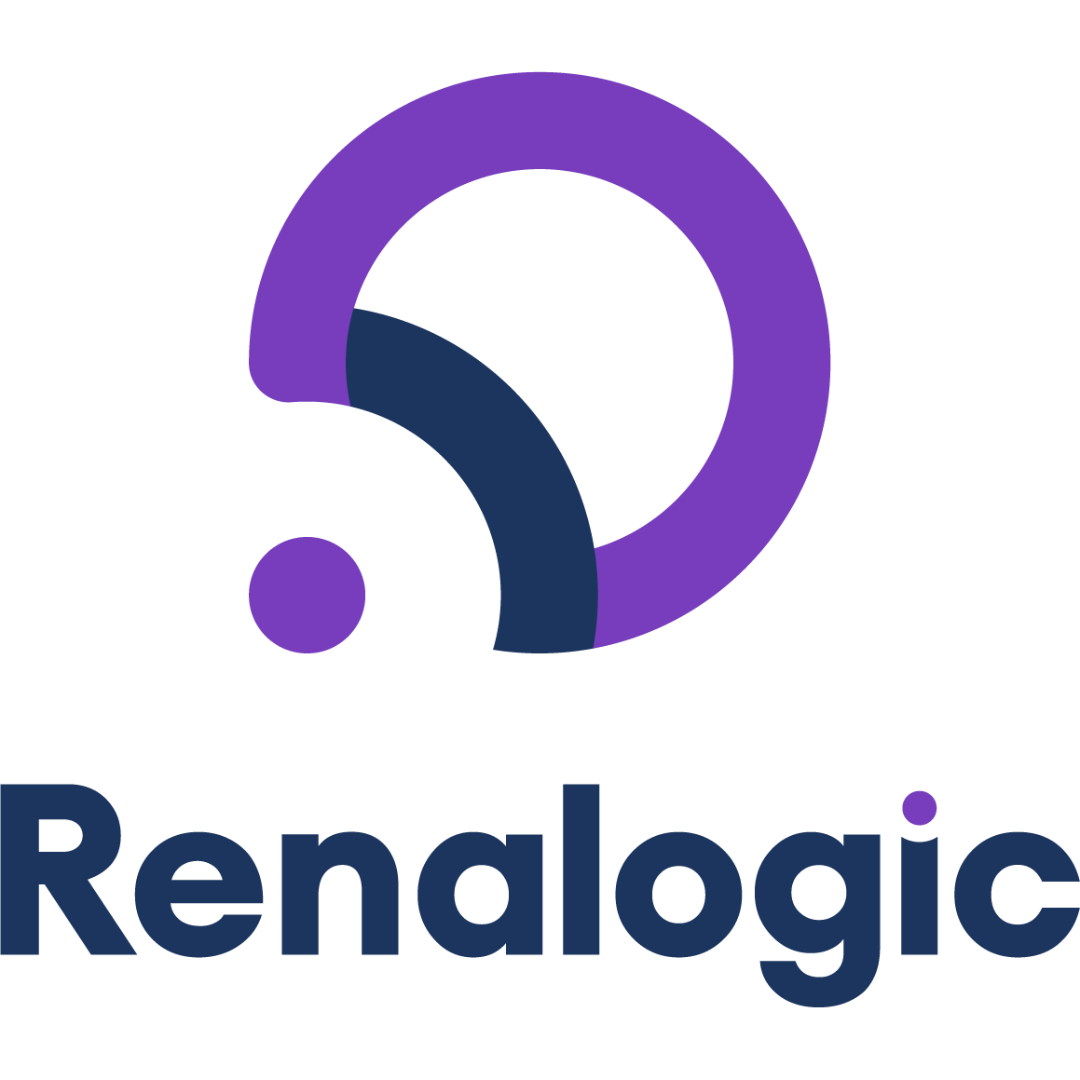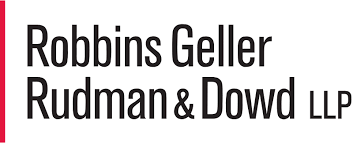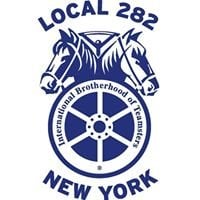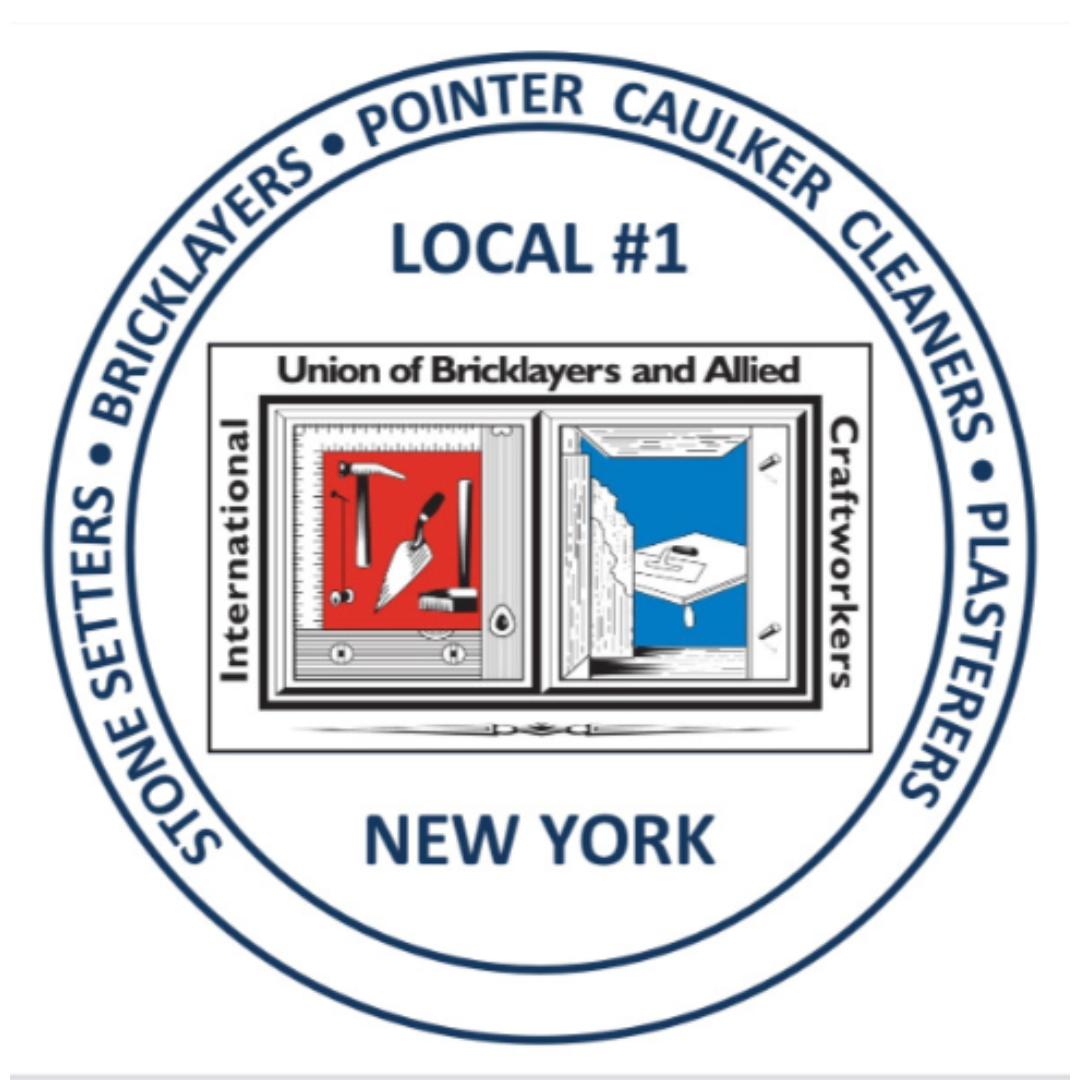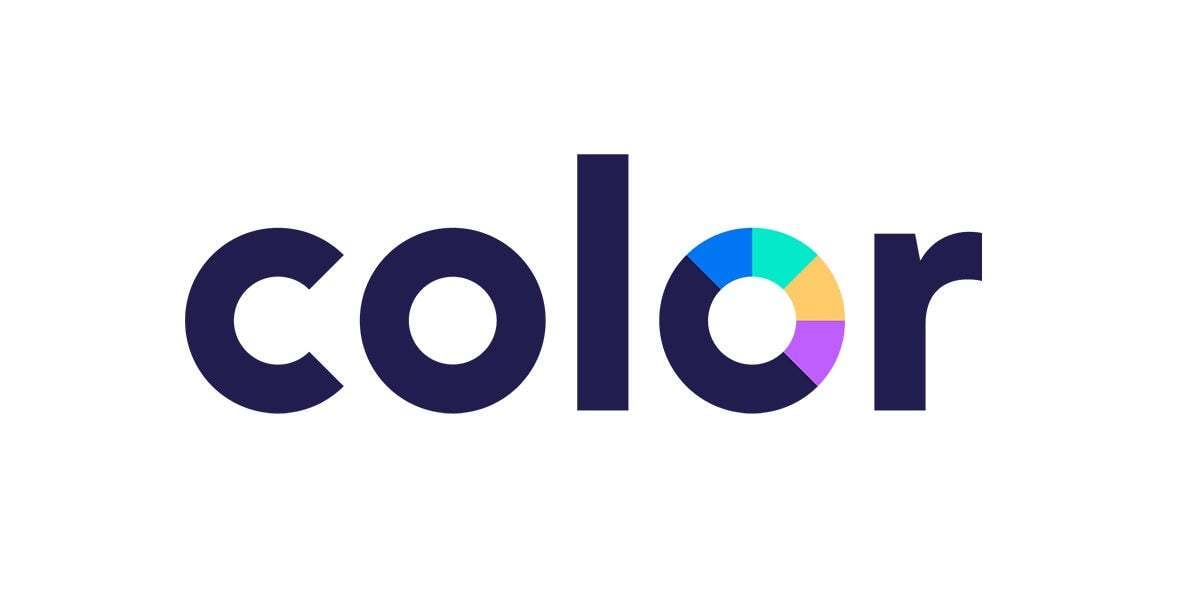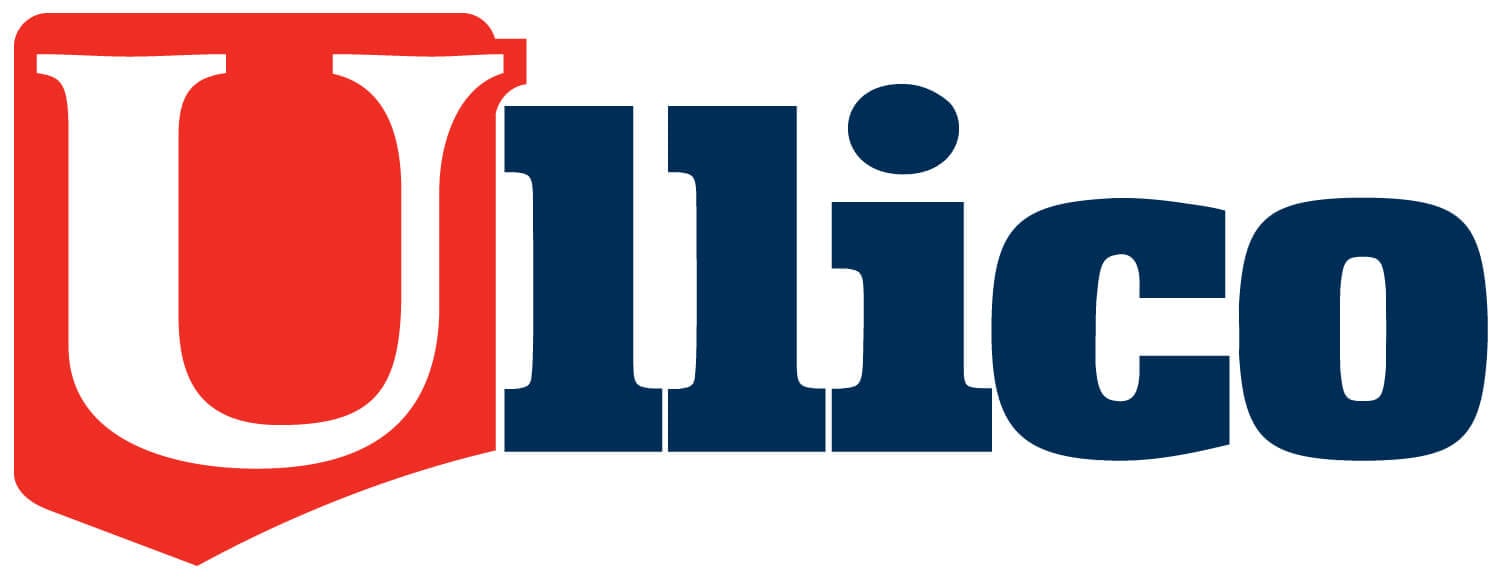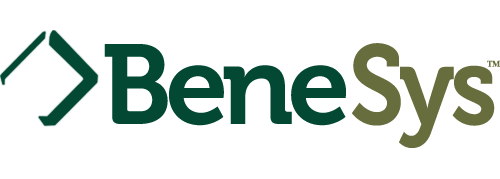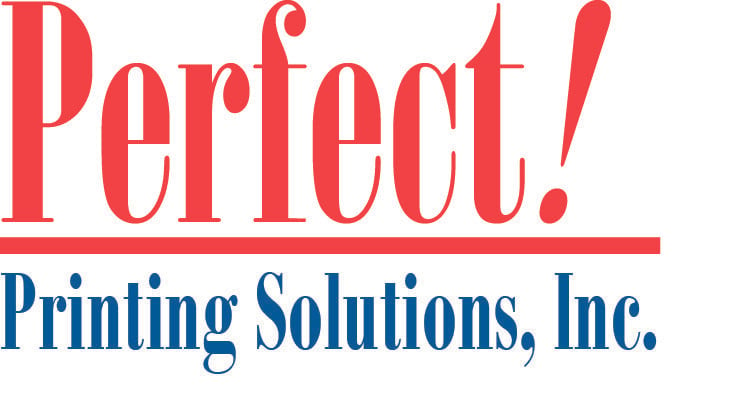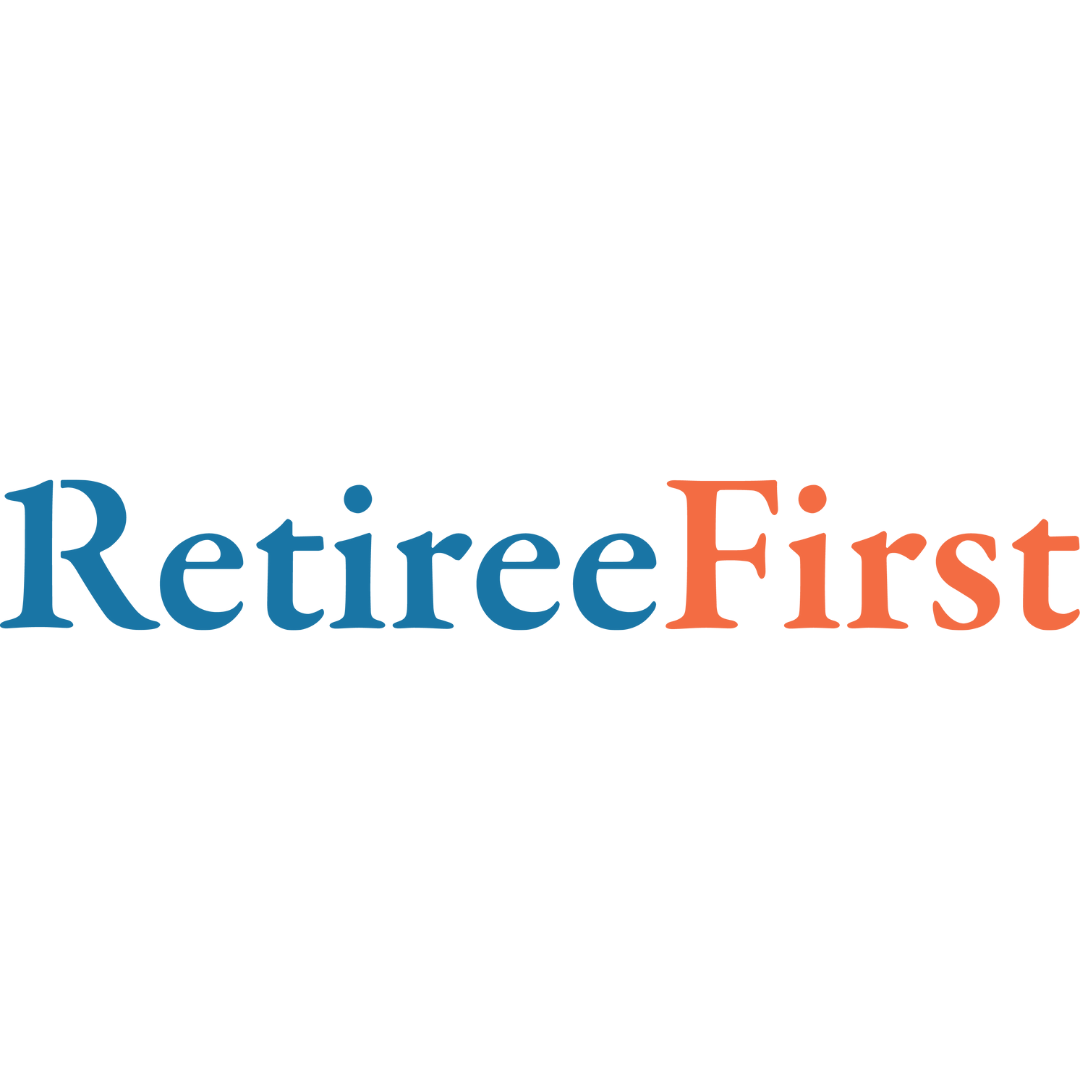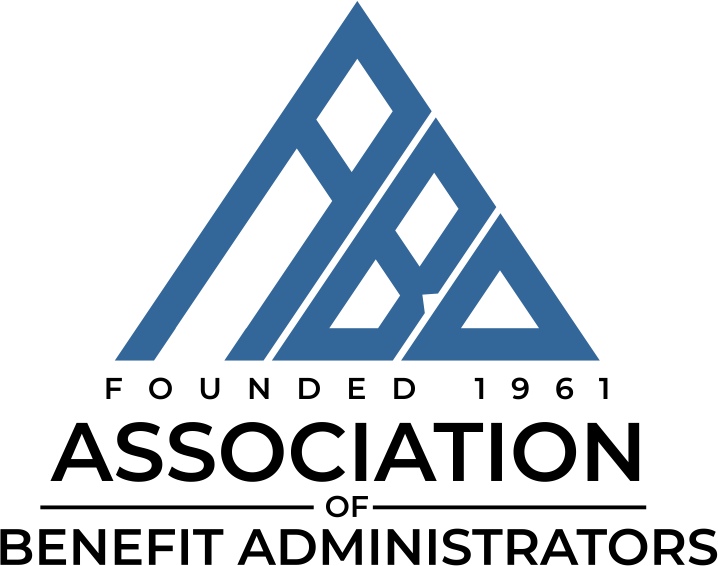7 Tips for Managing Medicare & MA Drug Costs: Expert Strategies for Affordable Prescription Medications

Navigating the world of prescription drug coverage can be a daunting task, especially when it comes to Medicare Advantage Prescription Drug (MAPD) or Part D plans. While these plans offer valuable healthcare benefits, there are instances where they may not cover certain prescription drugs or where the medication comes at a high price.
MAPD or Part D plans maintain formularies, which are lists of drugs they cover. However, not all medications may be included in these formularies. This means certain drugs may not be covered at all, leaving individuals responsible for the full cost of those prescriptions.
Additionally, even if a drug is covered by MAPD or Part D plans, it doesn’t guarantee that it will be affordable. Some medications may fall into higher cost tiers, resulting in higher co-pays. This can pose a significant financial burden for individuals, especially those who require expensive specialty drugs.
Understanding what to do in such situations is crucial for individuals seeking affordable access to their necessary medications. There are multiple alternatives that can help individuals navigate medication coverage gaps and mitigate the financial impact of uncovered or high-priced prescription drugs. At RetireeFirst, we understand the complexities of navigating healthcare, and our dedicated Advocates are here to assist. Our Advocate team establishes genuine relationships with retirees, providing support in troubleshooting issues with carriers, provider offices, and pharmacies. Drawing from our extensive experience, we’ve identified several strategies that can help individuals in these situations:
1. Talk to Your Doctor About an Alternative Drug
It is important for retirees to have open communication with their doctors. By explaining to your doctor that the prescribed medication is not on the plan’s formulary or is financially burdensome, they can explore alternative options. They may be able to suggest alternative medications or consider prescribing generic or lower-cost alternatives that provide the same benefits as the original medication. Engaging in an open dialogue with your doctor allows for collaborative decision-making and ensures that your healthcare needs are met while considering the financial aspects.
2. Ask for a Formulary Exception
The formularies for plans do not cover all medications. This leaves individuals paying full price for necessary medications when they are not covered by MAPD or Part D plans formulary. In these cases, those individuals can request a formulary exception, a manual request which, if approved, allows individuals to receive drug coverage for medications that are not listed on the formulary.
There are certain criteria an individual must meet to be granted a formulary exception, and all carriers must have a process for these requests. Ultimately, reaching out to your carrier and initiating the request increases the chances of securing coverage for your prescription.
3. Ask for a Tier Exception
Another solution is asking for a tier exception. Some medications fall into higher cost tiers on the formulary than others, resulting in higher co-pays for those medications. Asking for a tier exception can help lower the co-pay tier for a specific drug.
All Medicare Part D carriers must have a process for tier exceptions, including specific criteria that must be met to be granted an exception. Like formulary exceptions, tier exceptions can be requested by reaching out to your carrier. Additionally, a retiree benefits manager like RetireeFirst can guide you through the criteria required to be eligible for a tier exception. If granted, an exception can result in significant cost savings.
4. Apply for Grant Programs
If you have been prescribed a high-cost drug and are on a Medicare Part D plan, there are grant programs available to assist you in paying for your medication. Individuals on these plans should research and consider applying for grant programs that can cover the costs of their medications.
Grant programs are particularly common for specialty drugs, and there are numerous options to consider. To alleviate the responsibility of researching, a benefits service can evaluate the criteria of different programs and assist in the application process for relevant grant programs that can cover a significant portion, if not all, of your prescription drug expenses. By taking advantage of grant programs, you can alleviate the financial burden associated with high-cost medications.
5. Consider Using a Discount Drug Card
In addition to exploring options within your current plan, considering alternative discount drug plans can also be beneficial. For example, discount drug programs like GoodRx, Cost Plus Drugs and RxPass by Amazon are good options for individuals whose medication is not covered by their MAPD or Part D plan.
These programs offer discounted prices on prescription medications, potentially providing more affordable alternatives to your current coverage. Comparing prices and evaluating the benefits offered by these discount drug plans can help you make an informed decision and potentially save significantly on your prescription medications.
6. Use Mail-Order Pharmacy
Using a mail-order pharmacy can be a cost-effective solution for individuals seeking discounts on their prescription medications. These pharmacies often offer competitive pricing and discounts on a wide range of drugs. By ordering medications in bulk and delivering them directly to your doorstep, mail-order pharmacies can pass on the savings to customers. This convenience and potential for cost savings make mail-order pharmacies a popular choice for many retirees looking to manage their prescription drug expenses.
7. Comparison Shopping
Comparison shopping can be a valuable strategy for retirees looking to manage their prescription drug expenses. By exploring different pharmacies and comparing prices, retirees can identify those that offer better pricing for their specific medications. This is particularly relevant for individuals enrolled in percentage co-insurance plans, where the cost-sharing percentage can vary. By taking the time to research and compare prices, retirees can make informed decisions and potentially find pharmacies that offer more affordable options, helping them save money on their prescription drug costs.
—
Although navigating prescription drug coverage gaps in MAPD or Part D plans can be challenging, there are strategies available to effectively manage prescription drug expenses. These strategies empower retirees to make informed decisions, access affordable medications, and overcome coverage gaps in their healthcare journey. RetireeFirst is committed to helping retirees navigate the complexities of prescription drug coverage, ensuring they receive the necessary care while alleviating financial burdens.
—
To keep up with RetireeFirst company news, events and industry trends, follow us on LinkedIn and Twitter or contact us to stay connected.
SHARE THIS POST
ABOUT THE AUTHOR
David Zawrotny
Chief Service Officer
As Chief Service Officer and Co-Founder, David plays a critical role in leading all Client and Member service functions at RetireeFirst. David oversees all client onboarding to ensure a seamless integration process. Additionally, he conceptualized and pioneered our industry-leading MemberFirst advocacy service model, in which he leads our entire team of in-house member Advocates who handle inbound and outbound calls for all retiree members. Under David’s leadership, MemberFirst has grown into a truly unique concierge service that is invaluable to clients, carriers, and retirees, and it routinely generates the highest Net Promoter Scores (NPS) for customer service excellence.


